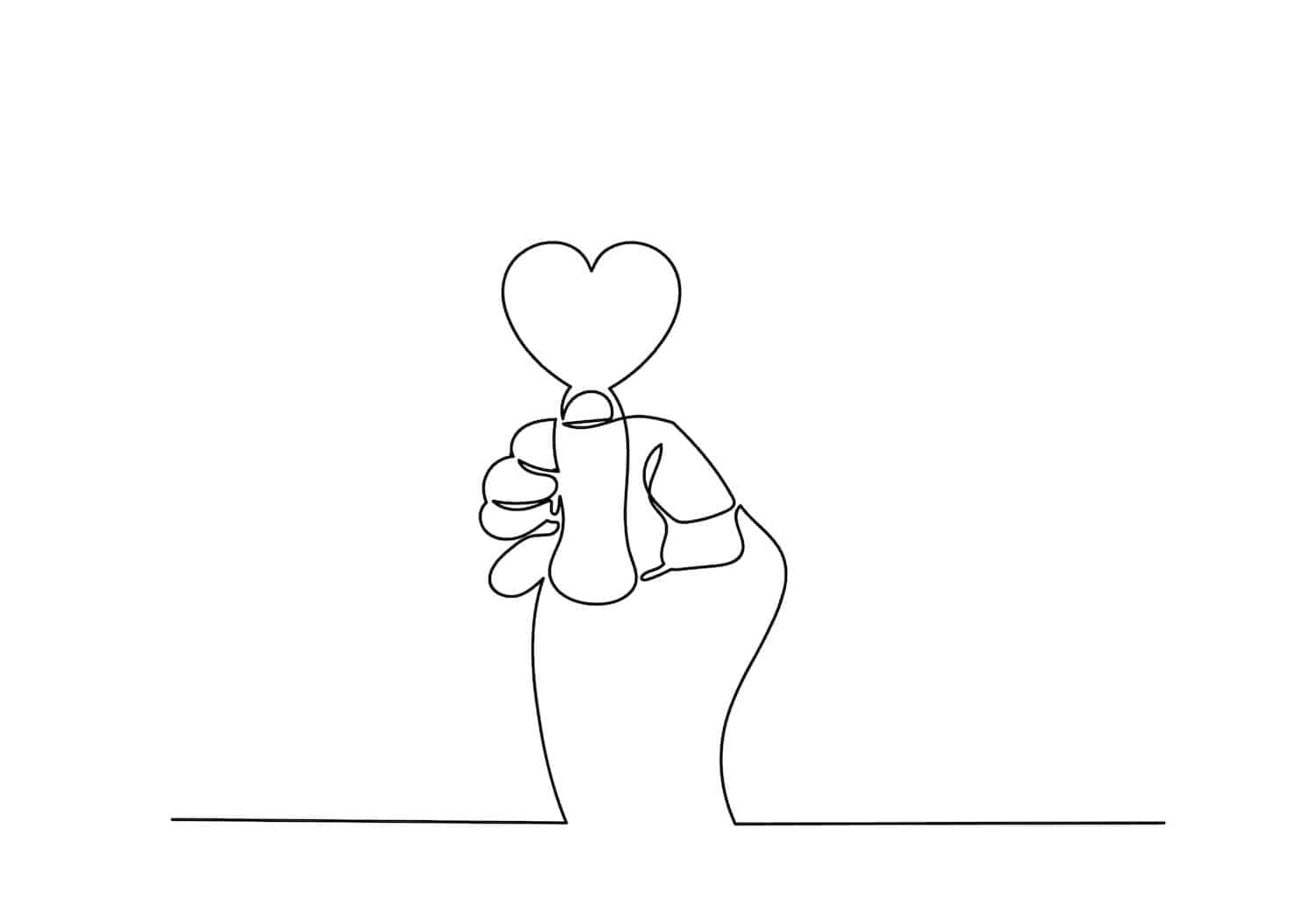During challenging times, you may feel anxious or fearful. These feelings, while warranted, can increase stress and cause additional concerns such as a change in your sleep and eating patterns, increase in the use of alcohol or drugs, and the worsening of chronic health and mental health challenges. Fostering a love for yourself that encourages and strengthens who you are can help reduce your stress and help you to regain a sense of calm and perspective.
How can I practice self-care?
Showing yourself compassion and practicing self-care is not a selfish act; in fact, it is essential to show yourself the same loving kindness you would show someone else. It may feel awkward or uncomfortable but there is room for self-kindness and compassion in recovery. Here a few ways to practice self-care and self-compassion during this time:
- Care for your body. Stress can cause your body to feel run down and sore. Take care of your body by getting adequate rest, taking short breaks throughout the day, or getting some fresh air. It is also important to eat healthily and include foods that are rich in nutrients and vitamins. Caring for your body can improve how you feel physically and mentally.
- Practice mindfulness. A key practice in self-compassion is mindfulness. Take a few minutes to pause and use deep breaths to calm yourself. As you do this reflect on your thoughts, feelings, and experiences at the moment. Mindfulness can help to create positive signals to calm the brain.
- Find a healthy balance: Right now, many of us are working from home and we are being inundated with information from multiple mediums. Information overload can take a toll on you mentally and emotionally. Taking time throughout the day for incorporating healthy activities will encourage resilience and give you a needed balance.
- Limit your screen time: We are spending more and more time in front of the screen right now, but too much can be dangerous and cause you to feel anxious and even depressed. Step away from your screen and clear your mind.
- Keep routines and create new ones: Routines can be comforting, and we should stick with them. Continue going to bed and getting up at the same time. Take a shower and get ready for your day. Keep your mealtimes and snacks at the same time. Now that you are home, make new routines, such as taking short breaks to meditate or taking a walk at the same time each day. Routines can create a sense of normalcy that we are craving.
- Talk positively to yourself. Some may find this to be challenging because we are so often our own worst critic. Stop and think about how you would speak to someone you love during a difficult or stressful situation. Now, direct that same response toward yourself as you are feeling anxious and fearful. Transform negative talk into something loving and kind.
- Write it down. Journaling is known to be beneficial to our mental health. This is the time to share your emotions and feelings and note what is working for you and what may not be working. Putting your thoughts on paper can help you to feel calmer and more peaceful.
- Play some music.The silence can be distracting but you may not want to listen to the television. Pick your favorite music and give yourself some peace.
- Take some alone time. Right now, we are all feeling a bit overwhelmed. Recharge your batteries and clear your mind by taking some alone time. This can help improve your attitude and make you feel happier.
Where can I get help?
As you navigate this uncertain time, it is most important to remember that you are not alone. Asking for help and allowing others to help you is vital to your well-being. At Lifeskills South Florida, we offer a holistic approach to healing and focus on treating the mind and the body. We combine wellness activities with our Metabolic Fitness pathway to tend to physical and mental health concurrently to help reduce the risk of cardiometabolic syndrome. Research has shown that those with a brain disorder are at a higher risk for developing High Body Mass Index (BMI), hypercholesterolemia, hypertriglyceridemia, hypertension, and hyperglycemia. Individuals utilizing psychotropic medications face increased issues with fatigue and increased appetite, increasing the need for a comprehensive focus on comorbid conditions. We recognize the issues related to cardiometabolic syndrome, physical wellness, sedentary lifestyle, medication side effects, and other critical factors individuals with comorbid conditions face, making Metabolic Fitness vital. With specifically designed programming, progressing into a healthy and active lifestyle can become a reality.
Lifeskills South Florida provides evidence-based treatment for adults suffering from mental health and substance use disorders. For more information, contact our admissions team today.




